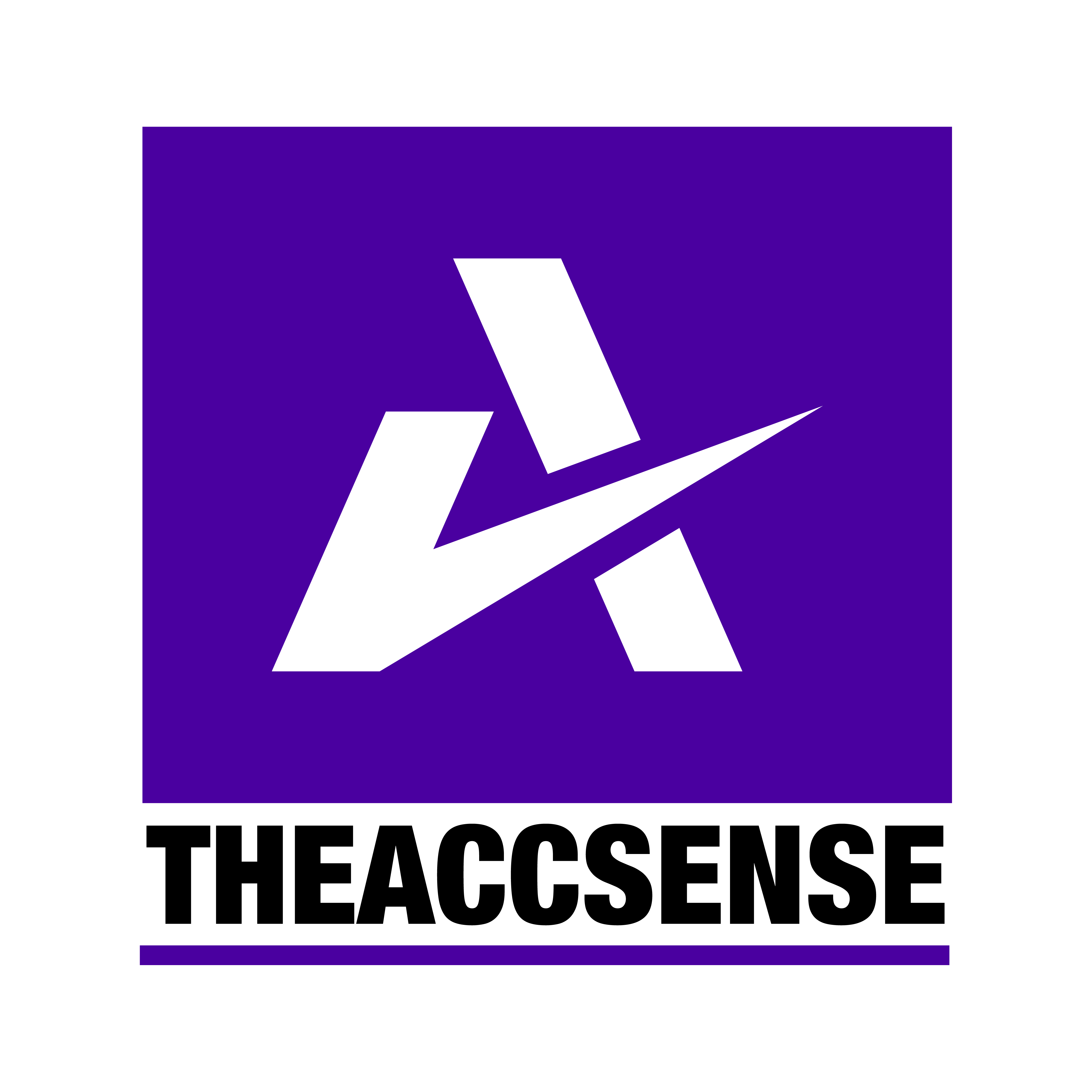Murabahah is one of the common sale-based contracts in Islamic financial transactions. Besides Murabahah, other common sale-based contracts in the market are:
- Bay’ Al-Inah
- Bay’ Bithaman-Ajil (“BBA”)
- Tawarruq
- Istisna’
- Salam
In this article, we explain what is Murabahah. We will then continue to explain the application of Murabahah contract in Islamic financial transactions.
Murabahah
Murabahah refers to sale contract where the seller sells the price at profit. In a simple word, Murabahah means cost-plus-profit sale. In a Murabahah transaction, it is a requirement for the seller to inform the buyer, the cost to purchase the asset and the profit that he makes in addition to the cost.
Conditions for Murabahah
In Murabahah contract, the following elements must exist or satisfied in order for the contract to be valid:
- Both buyer and seller must meet the condition as the contracting parties.
- The subject matter in the Murabahah contract must fulfil the condition as subject matter. Specifically for Murabahah contract, the seller must clearly disclose the price and the profit margin to buyer.
- The offer and acceptance between the seller and buyers must also fulfil the condition for valid contract.
Application of Murabahah contract in Islamic Finance
The diagram below illustrates the application of Murabahah concept in Islamic financing contract:

Islamic financial institution as the seller, sells the asset that it owns, to the customer (as the buyer). The asset’s selling price comprises of its purchase price and profit margin. The customer will in return pay the selling price on cash or deferred payment through instalment. Murabahah contract is commonly available for term financing, working capital financing, and personal financing.
So how does Murabahah differ from conventional loan? In conventional loan, lender provides borrower with the loan amount to finance the purchase of asset. The loan is then being charged for interest. It is merely a loan or lending transaction. In contrast, in Murabahah transaction, there is a buying and selling transaction going on between the financier and the borrower. This is where the financier sells the asset to customer at a higher price (i.e. agreed cost and profit) between parties. Through this arrangement, both parties will avoid entering into a riba’ transaction that exist in conventional loan.
It is also common for Islamic financial institutions to offer a variation to the original Murabahah contract. The variation is commonly structured as Tawarruq or Commodity Murabahah. We will explain this contractin another article.
Determining profit margin for Murabahah Contract
We explained in Introduction to Islamic Finance that one of the prohibited elements in Shariah or Islamic law is riba’ or excessive profit. There is no clear guidance on what is ‘excessive’. This is very much a subjective interpretation.
In contemporary Islamic financing transactions, the profit margin set by some of the Islamic financial institutions are based on conventional benchmark like LIBOR or KLIBOR or some other conventional benchmark interest rate. Although nothing explicitly prohibits such practice, the question arise whether it is appropriate to benchmark profit rate for Islamic financial transaction to the conventional interest.
The ownership of the asset
We understand earlier that in Murabahah transaction, the seller sells the good that it owns at stated selling price to the buyer. However, Islamic financial institutions as the seller has no interest in holding the physical assets like houses and cars. Simply because that is not their business to hold those assets. In fact, they are merely a financial intermediary. Customers on the other hand, are interested to purchase these assets from supplier.
So, in order to fill the gap and meeting the Shariah requirement, the Islamic financial institutions will require sort of promises to be provided by the buyer to buy those assets. Only when buyers have provided the promises, the Islamic financial institutions buy the assets and sell it to the customers at cost plus profit margin.

